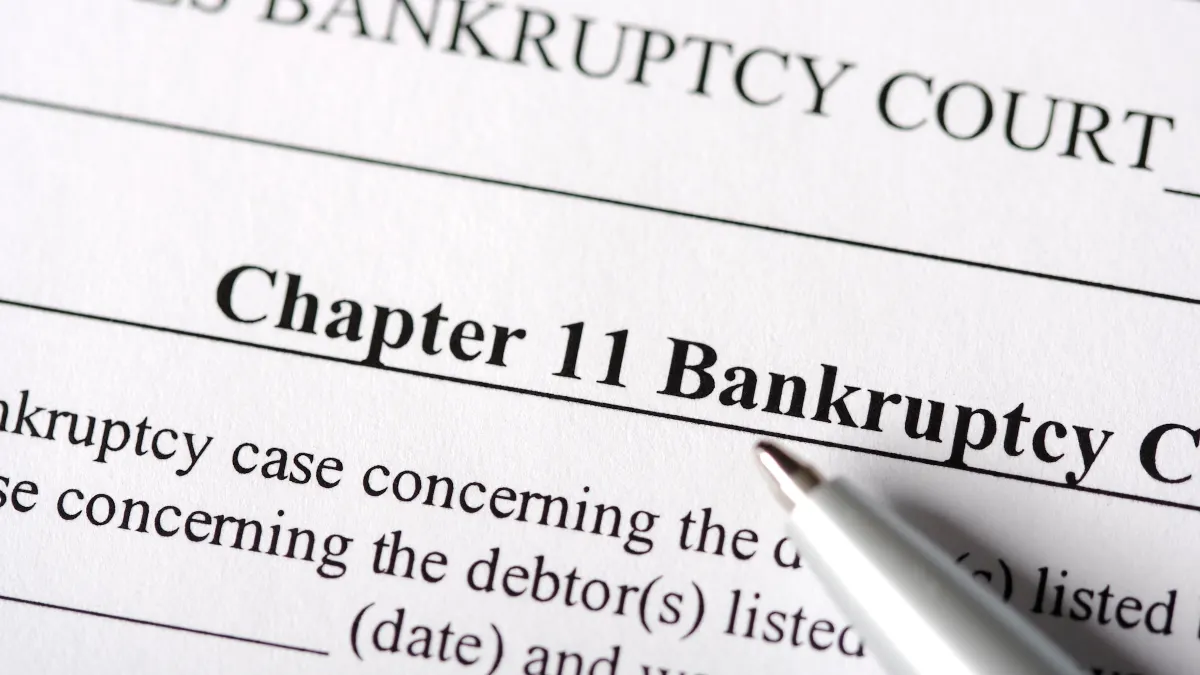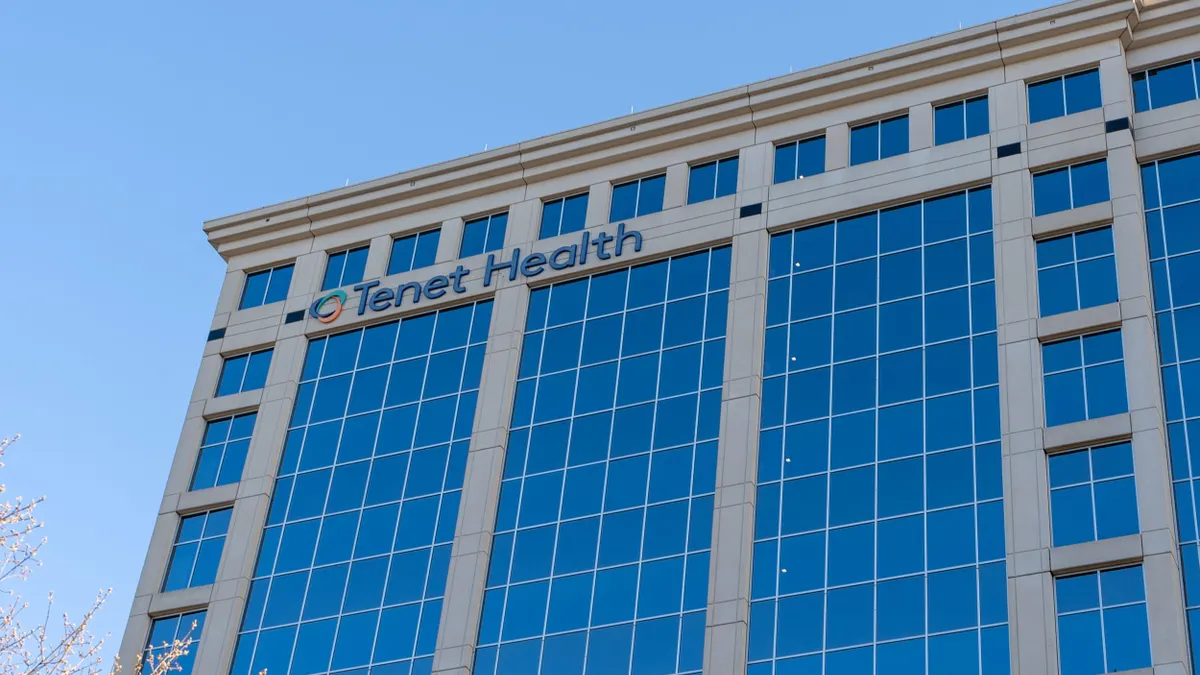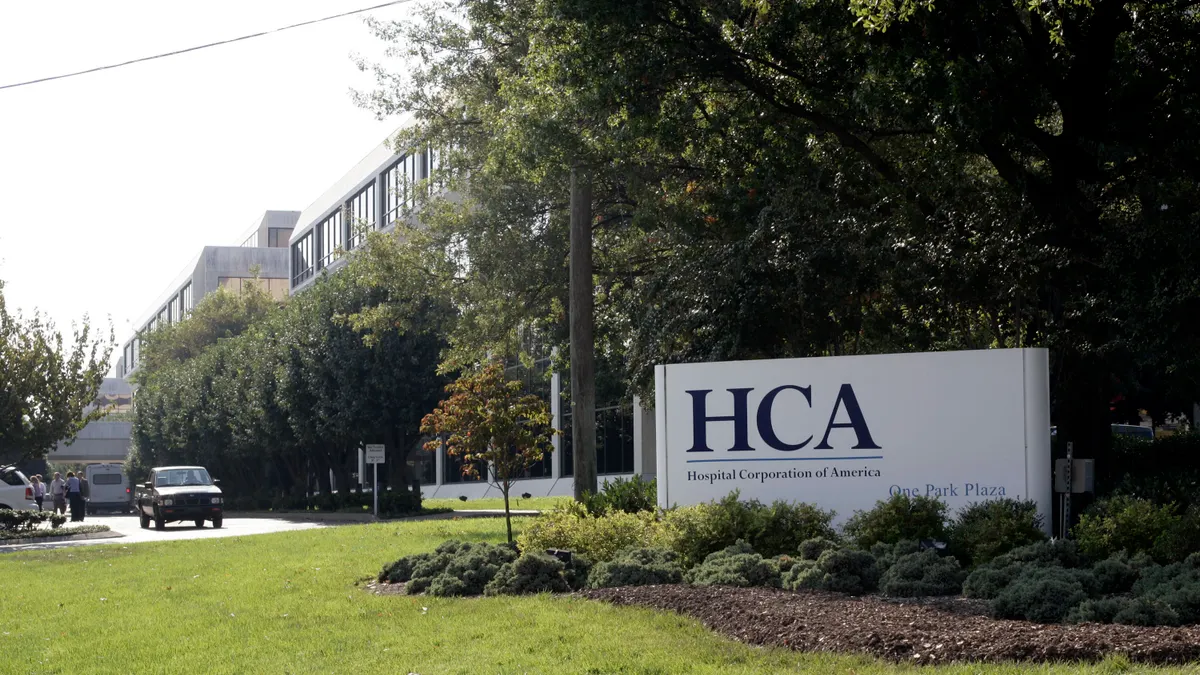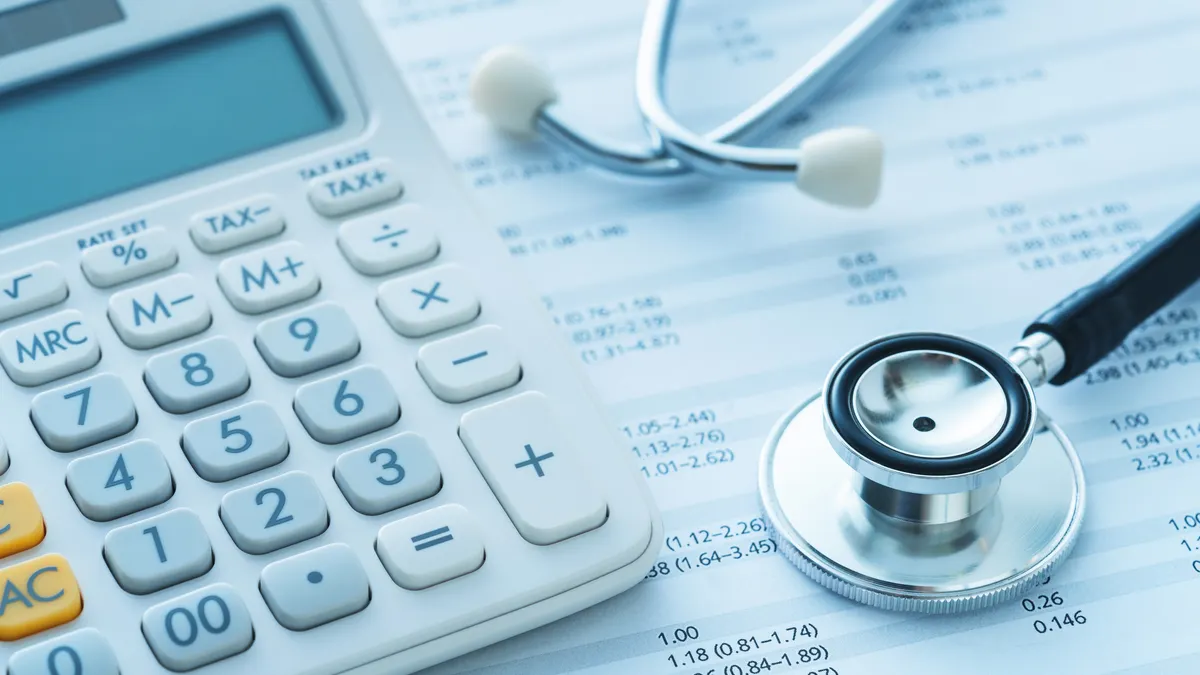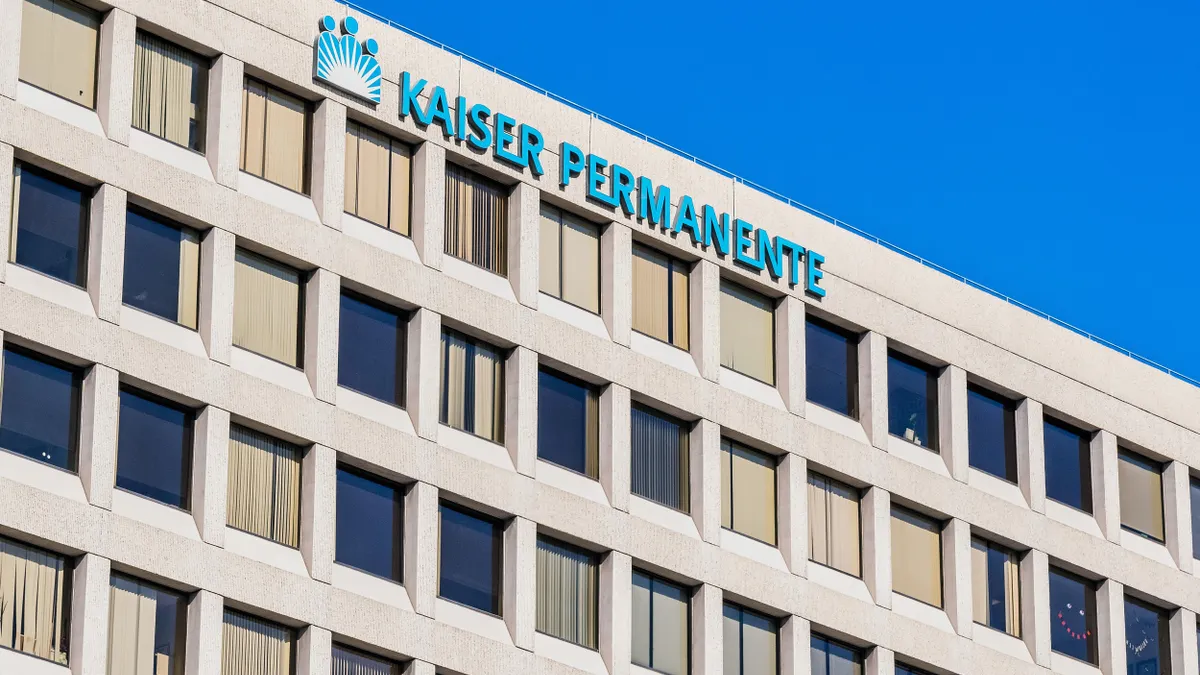The coronavirus vaccine developed by Pfizer and BioNTech was strongly effective in preventing COVID-19 among study volunteers given the shot, early results announced by the companies Monday show, giving a pandemic-wracked world a glimpse of life after quarantines, travel restrictions, masks and school closures.
The results, from a large Phase 3 trial that began in late July, cap off a dizzying eight months of research, into which scientists at Pfizer and German drug developer BioNTech compressed what's normally a yearslong process of developing, testing and manufacturing a vaccine.
Their effort is the first to reach this point, pacing dozens of programs in the U.S., China, Russia, the U.K., Germany and India that were quickly launched in hopes of proving a counterpunch powerful enough to limit the spread of the virus called SARS-CoV-2.
Pfizer and BioNTech's announcement came after an interim analysis, in which the companies found that the vaccine was more than 90% effective at preventing COVID-19 compared to a placebo. The analysis included 94 cases, implying that some 86 infections were in the placebo group, compared to eight on the vaccine. Those numbers were sufficient to declare success, as they easily beat pre-specified thresholds for vaccine efficacy.
The two companies expect to soon submit the results to the Food and Drug Administration for an emergency authorization, assuming positive safety data that they anticipate having in hand next week. No serious safety concerns have been reported to date, Pfizer and BioNTech said.
"The first set of results from our Phase 3 COVID-19 vaccine trial provides the initial evidence of our vaccine's ability to prevent COVID-19," Pfizer CEO Albert Bourla said in a statement. "With today's news, we are a significant step closer to providing people around the world with a much-needed breakthrough to help bring an end to this global health crisis."
The study will continue through to a final analysis after 164 confirmed cases occur, the companies said. The final estimate for the vaccine's effectiveness may change but, at greater than 90%, Pfizer and BioNTech's shot would be more effective than a typical season's flu vaccine.
Although only a first look, the companies' announcement Monday is likely to prompt an immediate response across countries and society, setting in motion plans prepared by governments across the world to secure and distribute hundreds of millions of doses to their citizens.
Results from a large study of another vaccine, developed by Moderna, are also expected imminently. While Moderna's candidate was the first to enter the late-stage testing needed to support an approval, the biotech slowed enrollment in order to include more Black and Hispanic or Latino people.
Pfizer, which initially set out to enroll 30,000 people in its trial, recruited another 13,538 to improve participant diversity. The drugmaker was able to conduct its analysis based on an early count of COVID-19 cases in the vaccine and placebo arms.
Moderna and BioNTech, which developed the vaccine Pfizer licensed, rely on a type of genetic material called messenger RNA for their shots. Written into the mRNA they use are instructions for cells to produce a protein found on the coronavirus' surface. That protein then trains the body's immune system to produce protective antibodies and virus-fighting immune cells.
No mRNA drug or vaccine has ever been approved. However, the technology has an advantage over traditional vaccine approaches that use inactivated viruses or manufactured proteins, being quick to design and manufacture. Moderna, for example, identified its candidate on Jan. 13 and by March 16 had started its first test in human volunteers.
BioNTech trailed behind, signing a deal with Pfizer a day after the first person in Moderna's first trial was vaccinated. But with the research muscle of Pfizer brought onboard, BioNTech's vaccine, code-named BNT162b2, stepped quickly through development. Late-stage trials of the two vaccines began within a day of each other in late July.
The positive results do not mean a massive immunization campaign is now beginning. Pfizer must next ask the FDA for an emergency use authorization, a process that the agency can use in response to pandemics and biowarfare. The FDA has said it wants to see a median of two months worth of safety follow-up data as part of any EUA request, which Pfizer and BioNTech have yet to compile but expect to have before the end of the month.
The FDA also plans to convene an advisory committee of outside experts to evaluate any EUA application before reaching a decision, meaning Pfizer and BioNTech's data will be publicly vetted before widespread use.
Other crucial decisions will also need to be made before an immunization campaign can begin.
With a limited supply of vaccine available, public health programs will need to set a priority list of people by occupation, age or disability state.
Complicating that decision is the fact that the vaccine needs to be transported and stored at minus 70 degrees Celsius. Once thawed, the shots must be used within 24 hours. Centers for Disease Control and Prevention staff have said those limitations may mean it can only be used in centralized facilities with the necessary equipment to prevent waste.
As part of the federal government's Operation Warp Speed, Pfizer and BioNTech committed to manufacturing 100 million doses by next March in exchange for nearly $2 billion. Some 40 million doses could be available for use by the end of the year.
The deal also allows the U.S. to purchase an additional 500 million doses.










